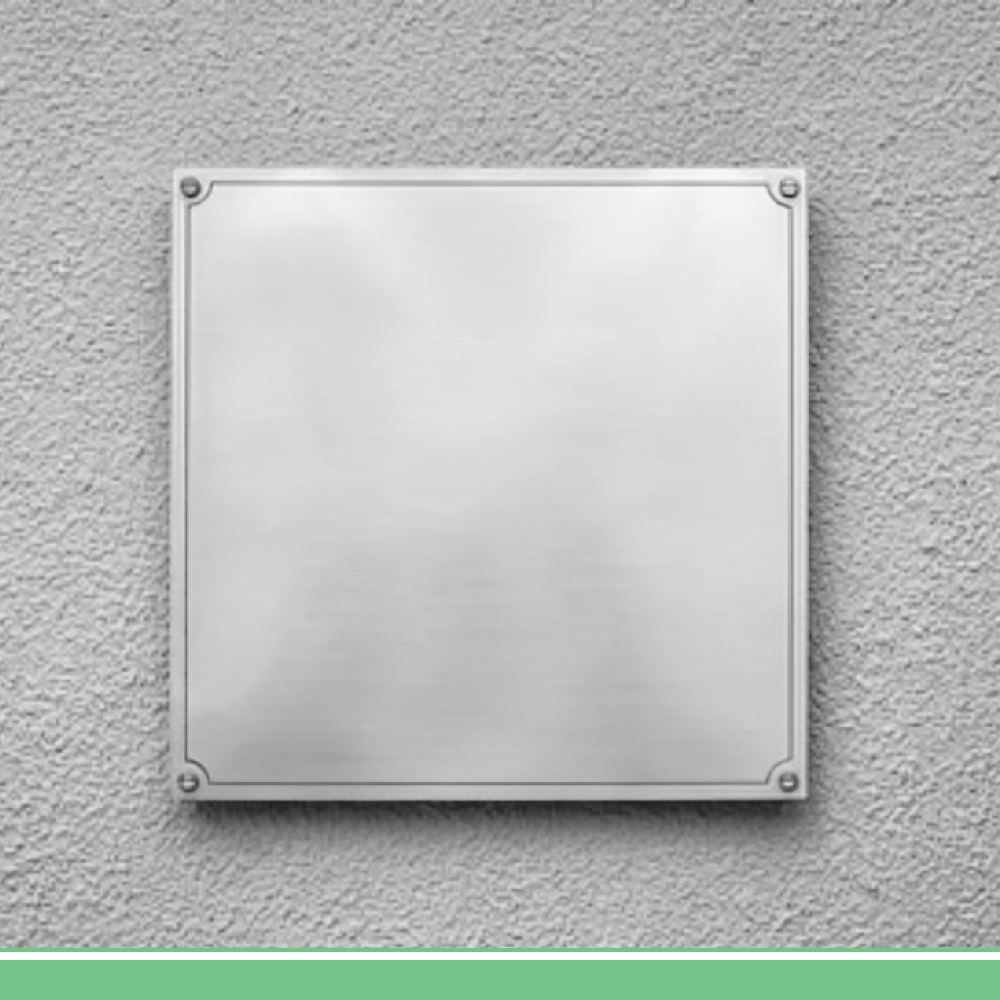Nickel Alloy Forged Fittings

Nickel Alloy Forged Fittings are commonly used in high-pressure applications that require exceptional corrosion resistance and durability. At Om Steel, we offer a wide range of Nickel Alloy Forged Fittings made from different grades of nickel alloys to suit various industrial applications.
One of the commonly used grades is Nickel 200, which offers excellent corrosion resistance in neutral and reducing environments. It also has good thermal and electrical conductivity, making it suitable for electrical and electronic applications.
Another popular grade is Nickel 201, which has similar corrosion resistance to Nickel 200 but with lower carbon content, making it more suitable for applications where lower carbon content is preferred.
Om Steel also offers Nickel Alloy Forged Fittings made from other grades such as Nickel 400, Nickel 625, and Nickel 718. Nickel 400 is known for its high strength and excellent corrosion resistance in various environments, while Nickel 625 offers exceptional resistance to high temperatures and corrosive environments. Nickel 718, on the other hand, has high strength and excellent resistance to corrosion and oxidation at high temperatures. Our Nickel Alloy Forged Fittings are available in different types such as Elbow, Tee, Union, Coupling, Cross, and many more, and can be customized to specific shapes and sizes to meet different application requirements.
Types and Shapes of Nickel Alloy Forged Fittings
Socket Weld Fittings
Threaded Fittings
Buttweld Fittings
Elbows
Tees
Reducers
Caps
Flanges
Slip-On Flanges
Weld Neck Flanges
Blind Flanges
Blind flanges are used to close off the ends of piping systems or equipment temporarily. Blind flange installation requires bolts around its perimeter to create a tight seal.
Continue Reading on Similar Topics:
Nickel Alloy Forged Fittings Specifications
| Specifications | ASTM A387 / ASME SA387 |
|---|---|
| Thickness | 1mm-300mm |
| Width | 1000mm, 1219mm, 1500mm, 1800mm, 2000mm, 2500mm, 3000mm, 3500mm, 4050mm etc |
| Length | 2000mm, 2440mm, 3000mm, 5800mm, 6000mm, 12000mm, 15000mm etc |
| Surface | 2B, 2D, BA, NO.1, NO.4, NO.8, 8K, mirror, checkered, embossed, hair line, sand blast, Brush, etching Manufacturer and Supplier |
| Finish | Hot rolled plate (HR), Cold rolled sheet (CR) |
Nickel UNS N02201 Threaded Fitting Dimensions
| Grades | C | Mn | P | S | SI | Cr | Mo |
|---|---|---|---|---|---|---|---|
| ASTM A387 Grade 5 | 0.15 max | 0.3 – 0.6 | 0.035 | 0.03 | 0.5 max | 4.00 – 6.00 | 0.45 – 0.65 |
| ASTM A387 Grade9 | 0.15 max | 0.30 – 0.6 | 0.03 | 0.03 | 1.0 max | 8.0 – 10.0 | 0.9 – 1.1 |
| ASTM A387 Grade 11 | 0.05 – 0.17 | 0.4 – 0.65 | 0.035 | 0.035 | 0.5 – 0.80 | 1.0 – 1.5 | 0.45 – 0.65 |
| ASTM A387 Grade 12 | 0.05 – 0.17 | 0.4 – 0.65 | 0.035 | 0.035 | 0.15 – 0.4 | 0.8 – 1.15 | 0.45 – 0.6 |
| ASTM A387 Grade 22 | 0.05 – 0.15 | 0.3 – 0.6 | 0.035 | 0.035 | 0.5 max | 2.0 – 2.5 | 0.9 – 1.1 |
Chemical Composition of ASTM B564 UNS N02201 Forged Fittings
| Plate Surface finish | Gauge (in) | Width (max in) |
|---|---|---|
| 2B – Cold rolled, heat treated, pickled, skin passed Plate | 10–24 | 72* |
| 2D – Cold rolled, heat treated, pickled plate | 12–24 | 60 |
| BA Mexinox only | 18–28 | 48 |
| Polished plate (not brushed) | 11–24 | 60 |
| Temper rolled plate Mexinox only | 13–29 | 48 |
Mechanical properties of Nickel Alloy 201 Socket Weld Fittings
| Plate Surface finish | Gauge (in) | Width (max in) |
|---|---|---|
| 2B – Cold rolled, heat treated, pickled, skin passed Plate | 10–24 | 72* |
| 2D – Cold rolled, heat treated, pickled plate | 12–24 | 60 |
| BA Mexinox only | 18–28 | 48 |
| Polished plate (not brushed) | 11–24 | 60 |
| Temper rolled plate Mexinox only | 13–29 | 48 |
Equivalent of Nickel 201 Forged Threaded Fittings
| Plate Surface finish | Gauge (in) | Width (max in) |
|---|---|---|
| 2B – Cold rolled, heat treated, pickled, skin passed Plate | 10–24 | 72* |
| 2D – Cold rolled, heat treated, pickled plate | 12–24 | 60 |
| BA Mexinox only | 18–28 | 48 |
| Polished plate (not brushed) | 11–24 | 60 |
| Temper rolled plate Mexinox only | 13–29 | 48 |
Industrial Application of Nickel Alloy Forged Fittings
Defence & Aerospace
Defence & Aerospace
Oil/Gas
Oil/Gas
Speciality Valves & Vacuum
Speciality Valves & Vacuum
Precision Components
Precision Components
Request A Quote
FAQ
Nickel alloy forged fittings offer several advantages over other materials, including their high resistance to corrosion, excellent mechanical properties at high temperatures, and superior strength and toughness. They are commonly used in chemical processing, oil and gas, and power generation industries.
There are several types of nickel alloy forged fittings available, including socket weld fittings, threaded fittings, and butt weld fittings. They are available in various shapes, sizes, and configurations, including elbows, tees, couplings, unions, and crosses. Know more
Some of the common grades of nickel alloy forged fittings include Inconel, Monel, Hastelloy, and Nickel 200/201. Each grade has unique properties and is suitable for different applications. Know more
The standard size of nickel alloy forged fittings varies depending on the specific grade and application, but they are typically available in a range of sizes from 1/8 inch to 4 inches in diameter. Know more



